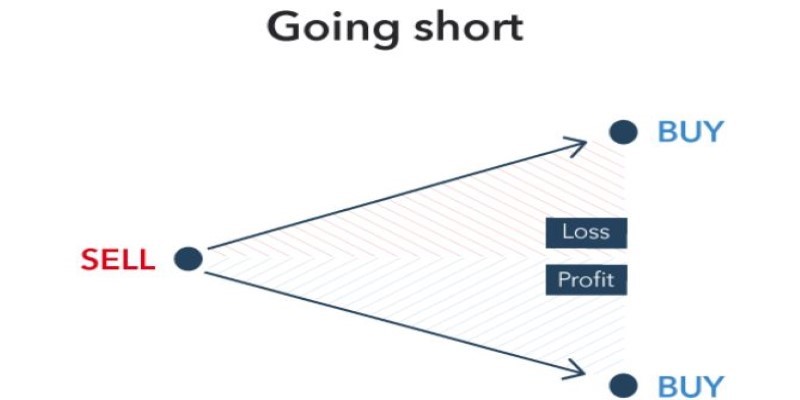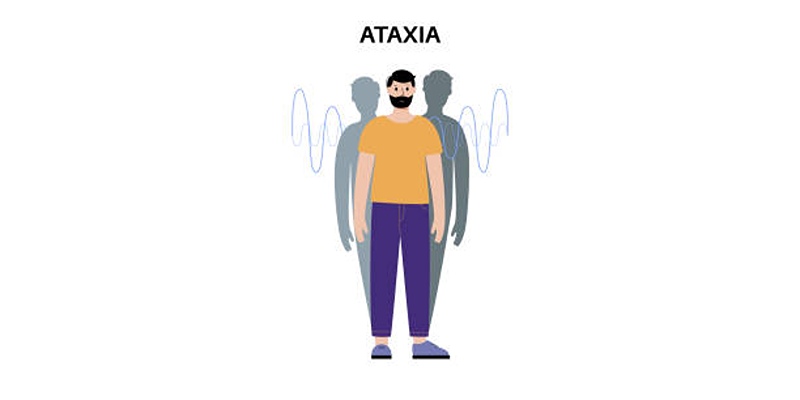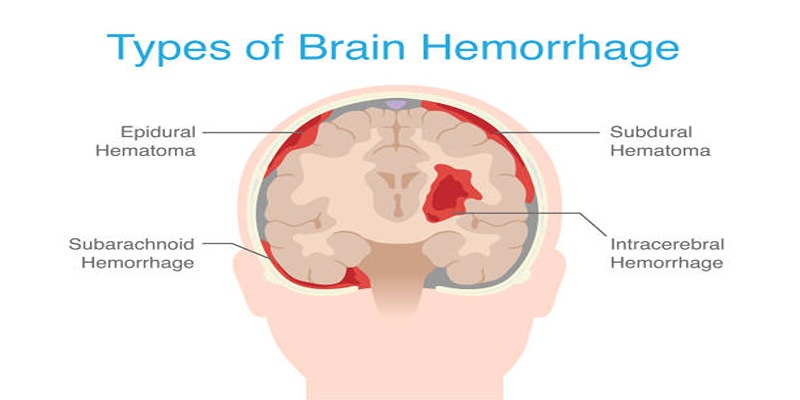Why Do You Need a Primary Care Physician: Key Reasons for Better Health
Living well requires more than simply visiting the doctor when you feel ill. For this, it is important to have a primary care physician who can not only manage your diseases but also offer preventative care, educate you on how to live healthy, assist you at every phase of healing, and refer you to other medical experts as needed. Therefore, many people stick with their primary care doctors for decades and develop a trusting bond.
Now, if you are thinking of having a PCP, consider your present health status and other requirements. But if you are still confused about whether you need a primary care physician (PCP), keep reading, as we are sharing here the reasons why you need one!

Why You Need Primary Care Physician: Key Reasons
Except for a few, most people rely on urgent care or an emergency room for their medical requirements. However, having a primary care provider can be quite beneficial for a variety of reasons, including the following:
To Monitor Your Health And Manage Chronic Disease
Consulting regularly with a primary care physician can help you live a better life and manage chronic illnesses. That's because your primary physician has responsibility for much more than just taking care of you when you are ill. From fatigue or regular headaches to a general lack of interest or sleep deprivation, your primary-care doctor takes care of everything and informs you when your health is falling. Besides that, PCP also identifies habits that may be leading to serious health problems. Plus, routine screenings for severe, persistent diseases like diabetes, respiratory infections, heart disease, depression, anxiety, and high blood pressure are also included in the responsibilities of PCP.
Establishing A Medical Home
Healthcare is extremely crucial, so be sure your primary care physician (PCP) is one you believe in, who responds to the issues you have, and who helps you establish a medical home. A medical home provides you with someone you can go to while you are experiencing a serious illness. It also means that your doctor will monitor your health over time, looking for changes and potential problems. Resultantly, it ensures that your healthcare treatment programs are effective and on the right track. Long-term relationships let your PCP become more aware of your medical history and make better treatment suggestions.
To Provide Access To Specialists
Suppose PCPs are unable to handle your medical condition on their own. In that case, they take quick action and can refer you to other medical experts, including neurologists, oncologists, and others. They do so to ensure that you receive the best and most needed treatment. For example, visit your primary care physician for a respiratory problem. They can assess the seriousness of the situation and, if necessary, send you to a pulmonologist for more advanced treatment.
Furthermore, many symptoms of persistent illness are not prominent during initial appointments to urgent care or the emergency room. However, a yearly visit to your primary care physician can help uncover those illnesses in their earliest phases, when they are the simplest and easiest to manage. In short, your primary care physician (PCP) can serve as a navigator, ensuring that you receive the proper care at the right time before the situation gets out of control.

Reduced Health Care Cost
Routine tests, regular contact with your doctor, and keeping a record of your medical conditions all help to reduce the total expense of healthcare. Also, it helps you to prevent major illnesses like cancer in its early stages when it's safest to cure. According to statistics, persons who have a primary care physician often spend 33% less on health care. For example, based on your general health and potential risk factors, your primary care doctor may suggest a diabetes test at approximately the age of 40. A diabetic test checks your blood sugar levels before any signs appear. It assists in recognizing prediabetes or diabetes sooner when it can be handled more effectively by behavioral changes rather than expensive medication.
Saving Your Time And Decreases ER Visits
In today's hectic world, most of us overlook small health issues due to a lack of time. Thus, saving time is another advantage of primary care physicians because they can handle various health concerns in a single consultation. Your doctor can typically perform a physical exam, testing, and vaccines in one session. While you're there, you can discuss any health-related questions you may have with your doctor. By utilizing your primary care doctor's extensive knowledge, you can have your health questions answered. Plus, in some situations, they even get treatment the same day - without waiting for an extra visit. According to a study, individuals who see their primary care physicians frequently had fewer hospital stays and emergency appointments than those who don't. Waiting for a long time to see a doctor or neglecting issues might result in a hospitalization or an emergency room visit, both of which are costly and upsetting for patients.
Improved Communication
The primary care physician will always inform you about the available medical options and provide you with the latest updates regarding your health conditions. For that, an open communication is crucial. Remember that communication is a two-way road, particularly in terms of health. Therefore, when you are choosing a PCP, you should make every effort to pick one with whom you are comfortable. If you are dissatisfied with your current provider, don't be hesitant to switch, and when you do, request a meeting with them before scheduling your initial health exam. It is important because personal health is a secret matter, and you can't discuss it with everyone until you trust a person fully.
Conclusion:
Your health is more crucial than you realize, and therefore, finding a primary care doctor as your health care provider is more essential than you might think. That's because you can develop a relationship of trust with your PCP, who will help you identify and deal with various health conditions before they become untreatable. Besides that, a primary care physician (PCP) teaches you how to live a healthy life, refers you to other medical experts as needed, and helps you save healthcare costs in the long run. So, when you are searching for a primary care physician, choose the one with whom you are comfortable. If you feel you are not comfortable with your current PCPs, you can easily switch to others without stress.











